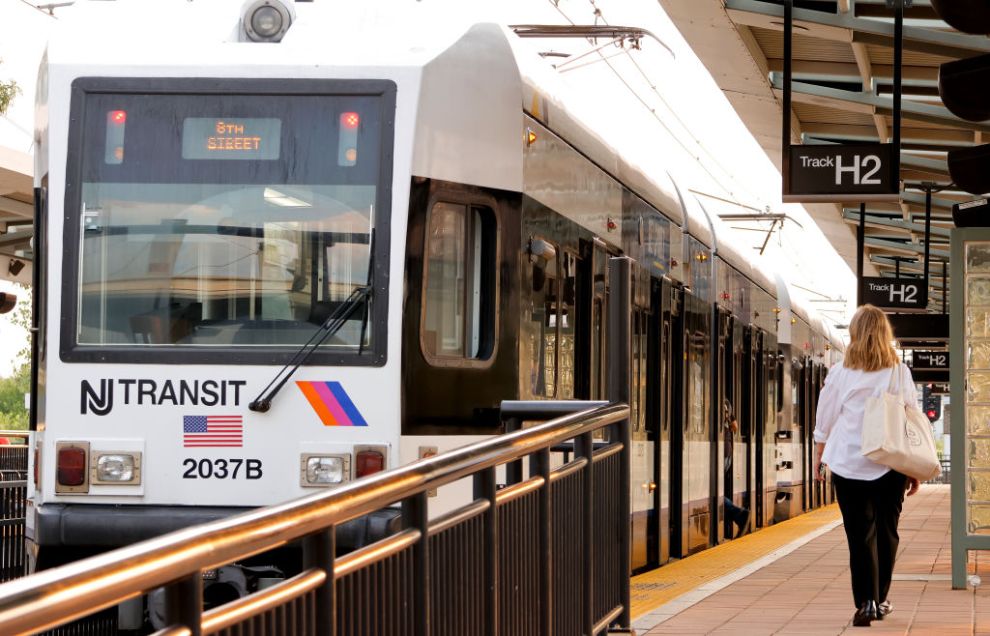NJ Transit riders will soon catch a break as the transit system announces a week of free rides. This “fare holiday” will take place from Monday, August 26, through Monday, September 2. The move comes as a response to the months of service disruptions and a recent 15 percent fare hike that have left commuters frustrated.
NJ Transit’s Response to Commuter Frustration
Governor Phil Murphy stated, “Understanding that our commuters have faced many disruptions this summer, we are providing a one-week fare holiday for NJ Transit riders.” He emphasized that this temporary relief is a way to thank loyal customers while addressing the ongoing issues on the Northeast Corridor. The governor added, “As we work diligently with Amtrak to investigate and address the issues that have occurred this summer, especially on the Northeast Corridor, we hope this fare holiday offers our commuters some relief.”
NJ Transit passengers have faced repeated delays and cancellations throughout the spring and summer months, with much of the blame being placed on Amtrak’s management of the Northeast Corridor. Amtrak officials are responsible for maintaining the tracks and overhead wires that serve NJ Transit trains, and problems in those areas have contributed to the disruptions. In response, Amtrak has stepped up its efforts to inspect and repair these critical components.
Discounts for Monthly Pass Holders
In addition to offering free rides during the fare holiday, the transportation company will also provide a 25 percent discount on September monthly passes for commuters who purchased passes for August. Despite these measures, some critics are questioning the timing of the fare holiday, given that fares were raised just weeks ago. Assembly Minority Whip Brian Bergen expressed his confusion, stating, “You had to raise fares 15% and tax businesses in NJ an extra 2.5% to ‘save NJ Transit,’ then you have a ‘Fare Holiday’? WTF is going on?”
NJ Transit and Amtrak continue to work together to address the underlying causes of the service disruptions. Their collaborative efforts have already led to some improvement in service reliability, according to NJ Transit officials.

